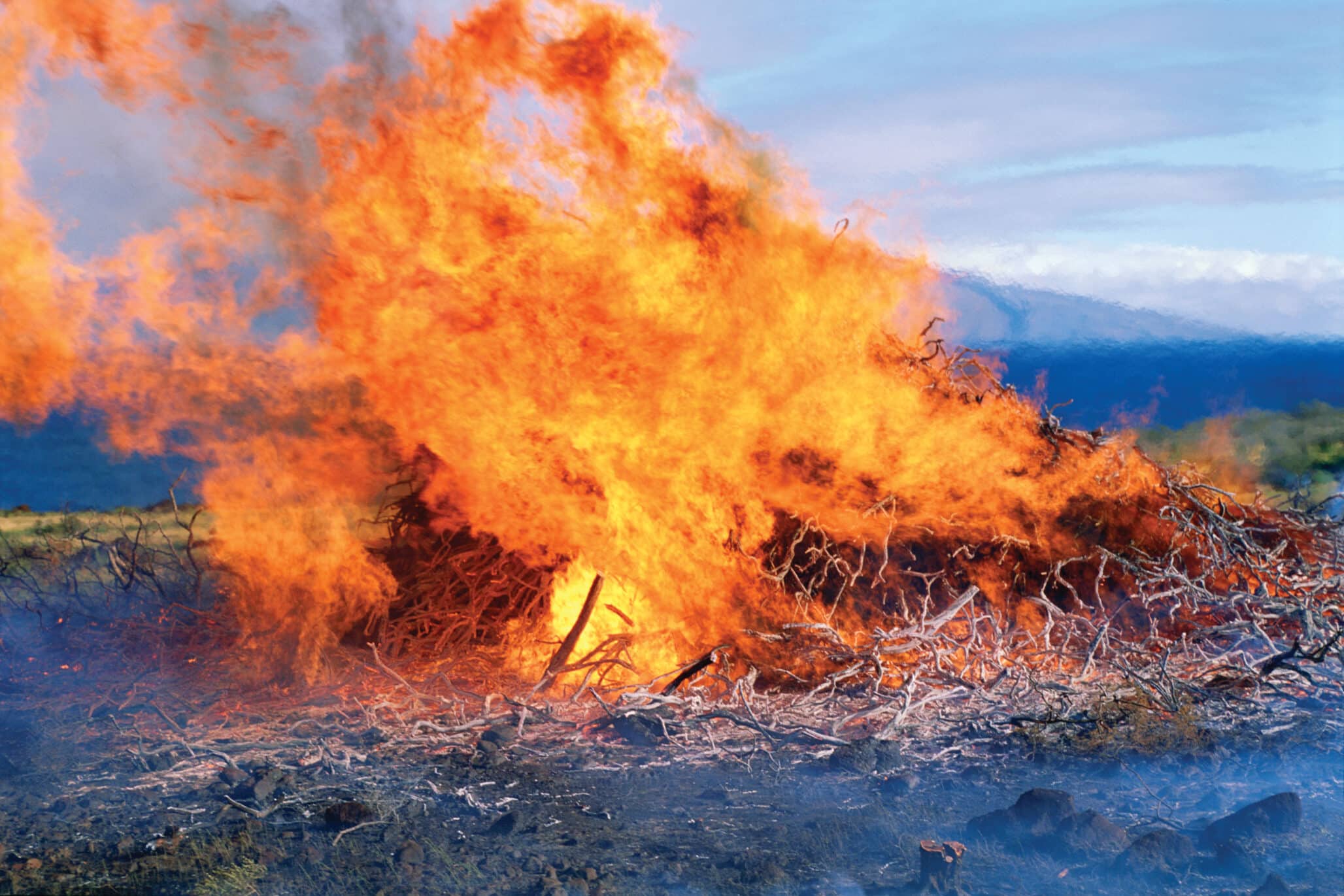A report to the European Commission from the European Academies’ Science Advisory Council, formed by the national sciences academies of European Union Member States, concludes that there is increasing scientific evidence that neonicotinoids have a negative impact on the environment.
In the report titled “Ecosystem services, agriculture and neonicotinoids,” scientists conclude that even very low concentrations of neonicotinoids can have a significant impact if they are present in the environment for longer periods. These negative effects influence pollinator orientation, food-seeking behavior and resilience to virus infections and parasites, and can eventually lead to the disappearance of species, they say.
Although considerable beehive losses have been reported during the past few years, the researchers say it is difficult to identify an unequivocal, long-term trend in the size of honeybee populations. On the other hand, the researchers report that many of the species found in agricultural landscapes, with an important function in pollination or biological control of pests, have shown a systematic decline in species richness during the past few decades. Examples of such animals are wild bees, hover flies, butterflies, moths, ground beetles and farmland birds. According to the report, this is reason to shift attention to these groups and not to focus purely on honeybees.
The report committee notes that the large-scale, usually pre-emptive, prophylactic use of neonicotinoids in the form of seed coatings leads to unnecessarily high pollution levels in the environment.
There has been some pushback to the report’s conclusions. Reuters reports that the European Crop Protection Association believes the new report is biased. In a statement issued by the the association, director general Jean-Charles Bocquet says the report reflects “a bias of the anti-neonicotinoid campaign toward highly theoretical laboratory tests, rather than fully considering published field studies and other independent research that proves the safety of these pesticides.”full
The full report is available online at http://edepot.wur.nl/338020.












